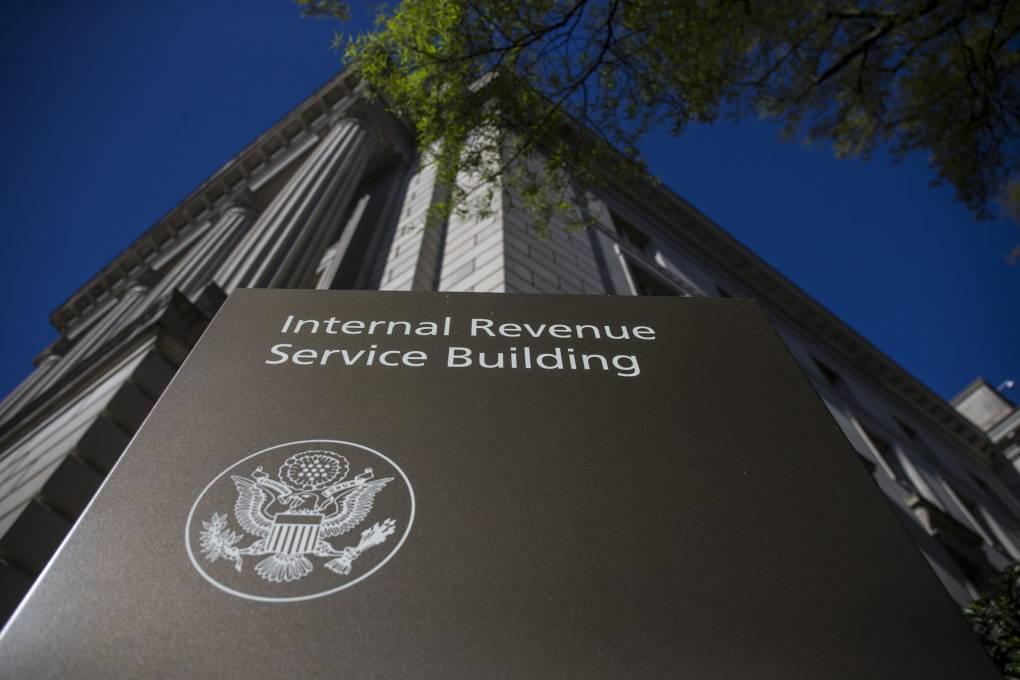“President Trump promised mass deportations and by removing the monetary incentive for illegal aliens to come and stay, we will encourage them to self-deport,” Liz Huston, a White House spokesperson, said in a statement. “He is delivering on his promise he made to the American people.”
The list included a 13-year-old and seven other minors, according to sources cited by the New York Times.
Gonzalez-Brito questioned whether affected immigrants would be able to dispute their social security numbers being canceled, for instance, by proving that they shouldn’t be on the terrorist list.
“It seems like there’s no due process rights for immigrants who are targeted in this way and that just seems, to be honest, perfectly un-American,” said Gonzalez-Brito, whose organization advocates for bank policies to better serve communities with low incomes.
Huston did not comment on whether any of the people with frozen social security numbers are located in California, or whether the administration plans to use the tactic next on other groups. Earlier this week, DHS revoked the temporary legal status and work permits of more than 900,000 migrants who entered the U.S. during the Biden administration using the government’s CBP One app.
“It’s devastating to the immigrant community who have to navigate all these attacks,” said Tiffany Rose Naputi Lacsado, chief program officer at The Unity Council in Oakland, which offers services that include helping immigrants budget, file taxes and open bank accounts. “I really believe it’ll put people into the shadows. It just further threatens their lives and livelihoods.”
Naputi Lacsado and other advocates believe that a growing fear of deportations could lead immigrants to report fewer crimes to the police or go without the health care they need. People losing their social security numbers face a higher risk of predatory lending and exploitation if they chose to stay and join the 11 million undocumented immigrants in the country, the advocates said.
The tactics of revoking social security numbers or sharing IRS data for deportation purposes are unprecedented, but previous administrations have also tried to make life harder for immigrants so they self-deport, Quiñonez said.
“We’ve seen this before. So we need to push back, try to show that this is not the way, that this is not who we are as a country that purports to uphold liberty and freedom,” he said. “We have to come together in community to move forward together.”


